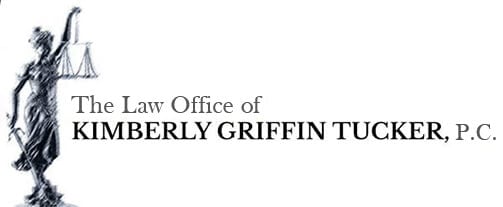Being accused of driving while intoxicated can be just as bad as the arrest or a potential conviction. While a conviction itself is what most employers use to determine if you’ll keep or lose your job, for example, friends, family and the public may not wait to find out what’s going to happen before passing judgment.
From the moment you’re accused of a DWI, the rumor mill can start spreading gossip about you. Coworkers might stop wanting to socialize with you, or your family may act disappointed in you. All of this is true event in cases where you’re not guilty at all.
Problematically, even if you fight and get the charges dropped or altered, the initial stigma of a DWI arrest could stick and have an impact on your social status among friends, family and anyone else who comes across the arrest or any media associated with it.
How can you lower the risk to your reputation?
One of the main ways to lower the risk to your reputation is to avoid talking about the DWI with anyone other than your attorney. Your attorney will take steps to try to help you minimize the number of people who find out about the DWI charges. They may also be able to help you get the charges dropped or changed. Additionally, many cases are settled outside of court, so you don’t have to have a public trial for something that you did not do.
Another thing you can do to lower the risk to your reputation is to stay off social media. Avoid responding if someone calls about a DWI arrest or making statements to the media. Most importantly, ask anyone who contacts you about the arrest to contact your attorney’s office instead. By routing everyone through your attorney as a contact point, you’ll be in a better position from the start.
Accusations of a DWI don’t have to define you
You have an option to develop a strong defense and fight the charges against you. Challenging the charges is one of the better ways to fight unfair commentary on who you are and to minimize the social impact of any charges or conviction that occurs.
